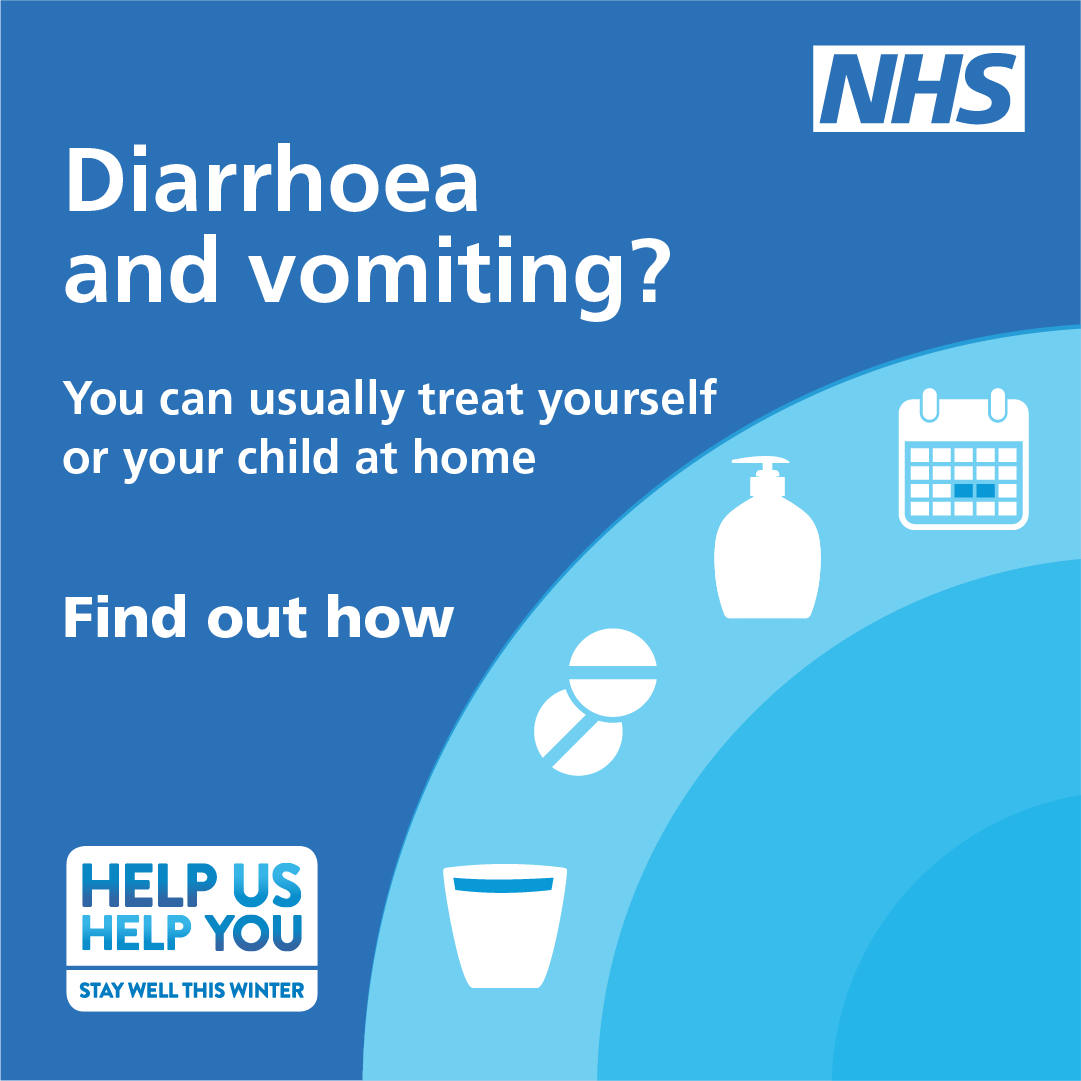Five ways to prevent the spread of norovirus this winter

The winter vomiting bug is one of the most common stomach bugs in the UK and it’s highly contagious.
A recent spike in cases of the winter vomiting bug, or norovirus, has caused more than 1,100 hospital beds in England to close. To stop the spread and to avoid putting others at risk, if you think you may have the bug, we’re urging you to stay at home and rest.
The winter vomiting bug is one of the most common stomach bugs in the UK, and despite its name, you can catch it at any time of the year.
It’s important to recognise the symptoms early on, as they can appear one or two days after you’ve become infected. Sudden feelings of nausea, vomiting, watery diarrhoea, slight fever, headaches, and aching limbs, are some of the symptoms to look out for.
There’s no cure for the winter vomiting bug, but most people recover within one or two days. It’s important to drink plenty of fluids to prevent dehydration, especially in children, the elderly or those with weakened immunity.
Five ways to limit the spread of norovirus:
- Stay at home and get plenty of rest. Don’t return to work or send children back to school until 48 hours after symptoms have cleared.
- Wash your hands thoroughly and often with soap and warm water. Alcohol hand gels don’t kill the virus.
- Use bleach-based household cleaners and hot water to disinfect household surfaces and commonly used objects.
- Avoid cooking and helping prepare meals for other people.
- Use detergent to wash contaminated clothing and bedding at 60°C and use disposable gloves if possible.
What can you do to relieve your symptoms?
- Stay at home and get plenty of rest.
- Drink plenty of fluids, but avoid fruit juice or fizzy drinks.
- Eat when you feel able to. You don’t need to avoid any specific foods.
- Take paracetamol if you’re in discomfort – check the leaflet before giving it to your child.
- Carry on breast or bottle feeding your baby. If they’re being sick, try giving small feeds more often than usual.
If you’re experiencing severe symptoms or are worried about your children, contact the free NHS 111 service by phone or online.
Find out more
You can also seek guidance from the NHS website on what to do about norovirus
Visit the NHS website for Norovirus advice (opens new browser tab)
For more information about staying well this winter, please visit the NHS website, or follow #HelpUsHelpYou on Twitter
Visit the NHS website for Winter Advice (opens new browser tab)